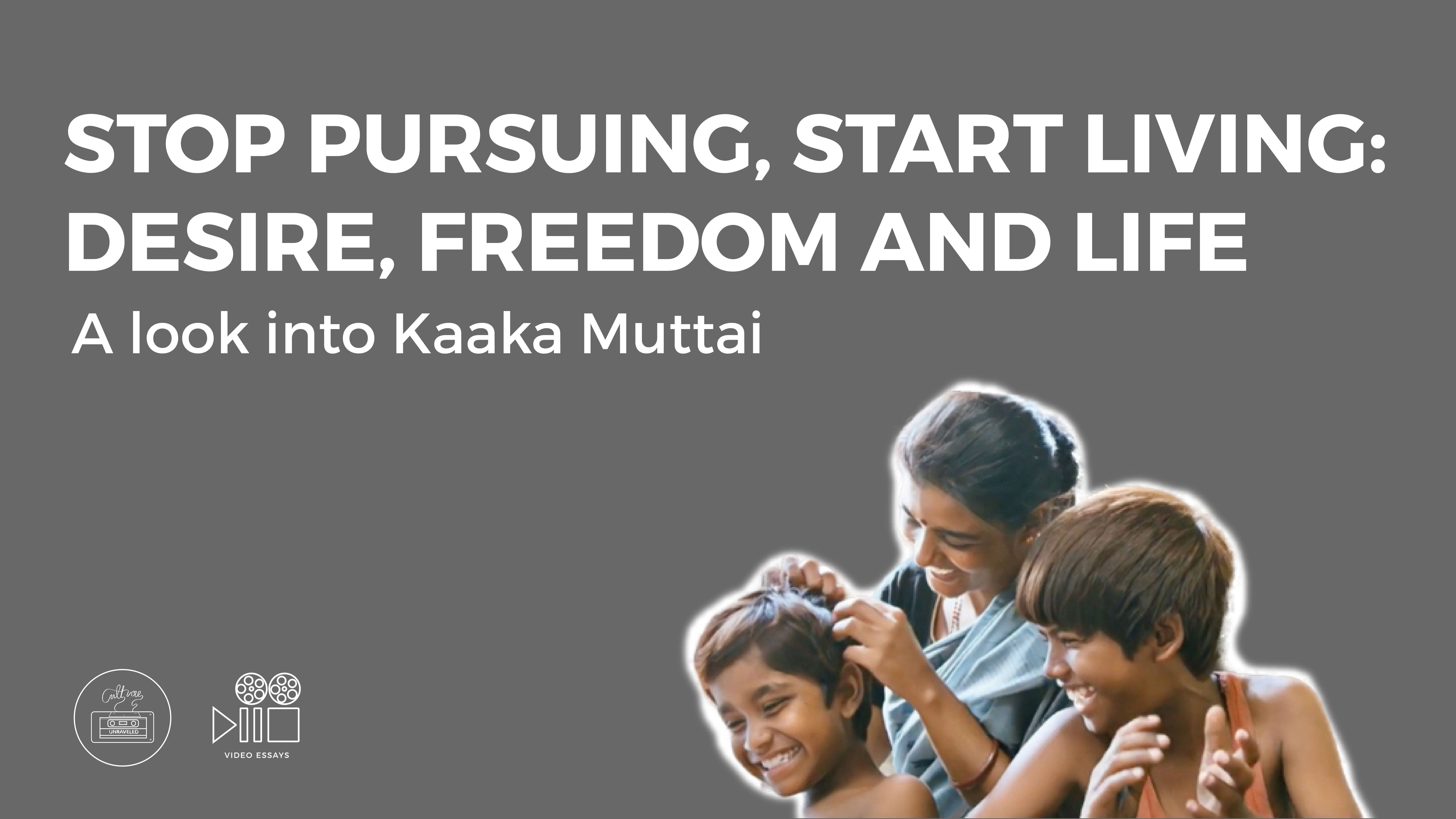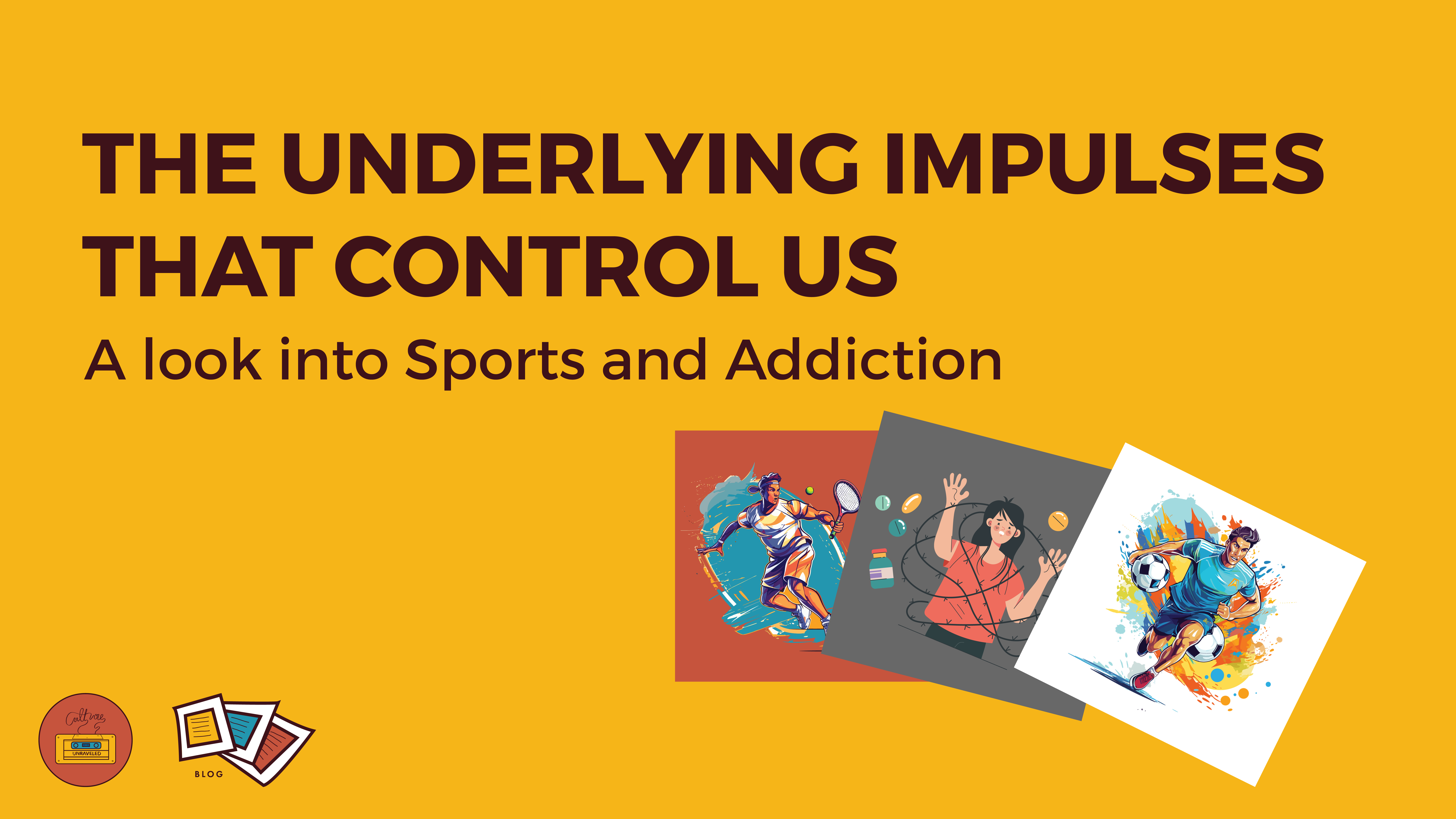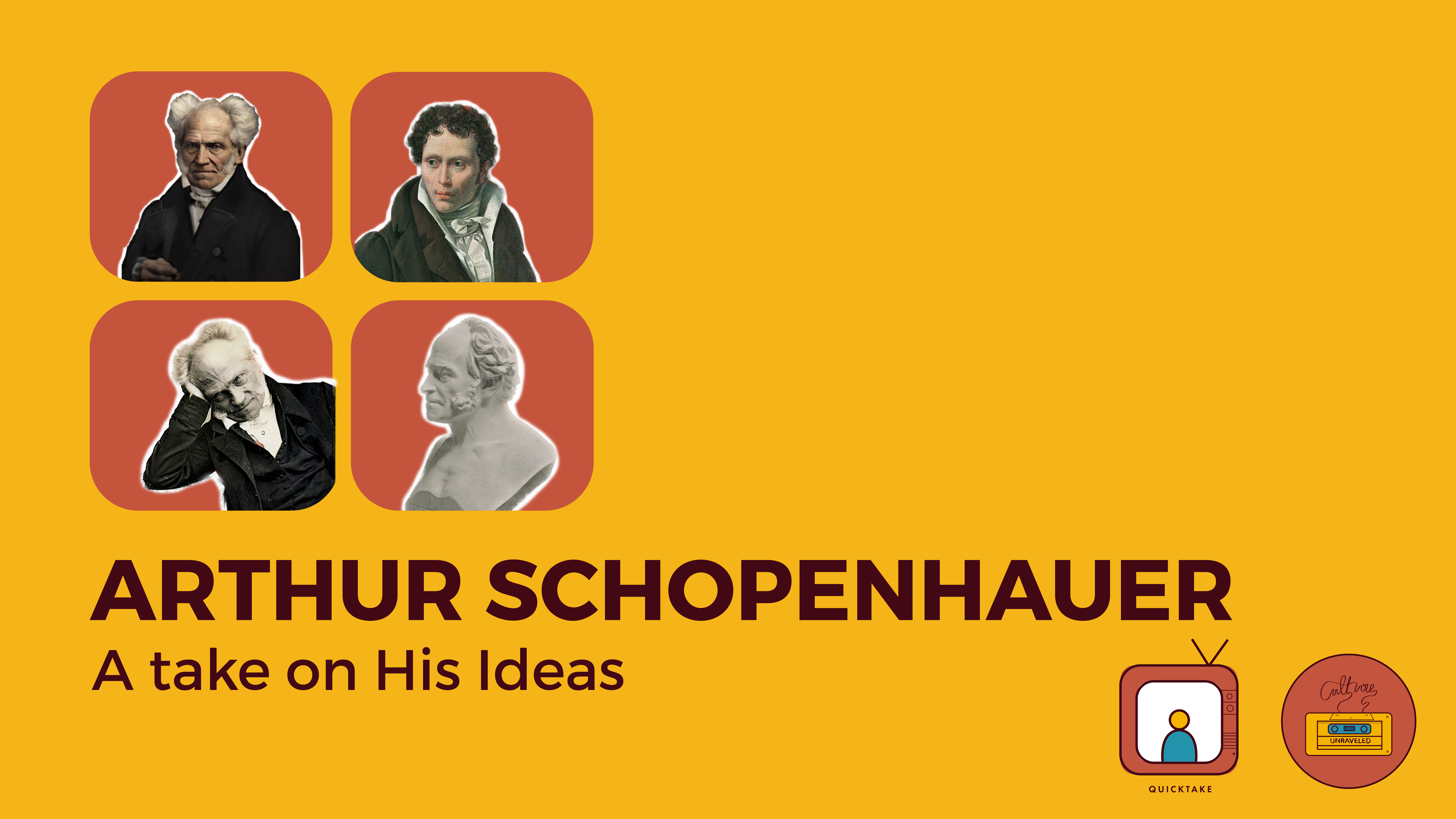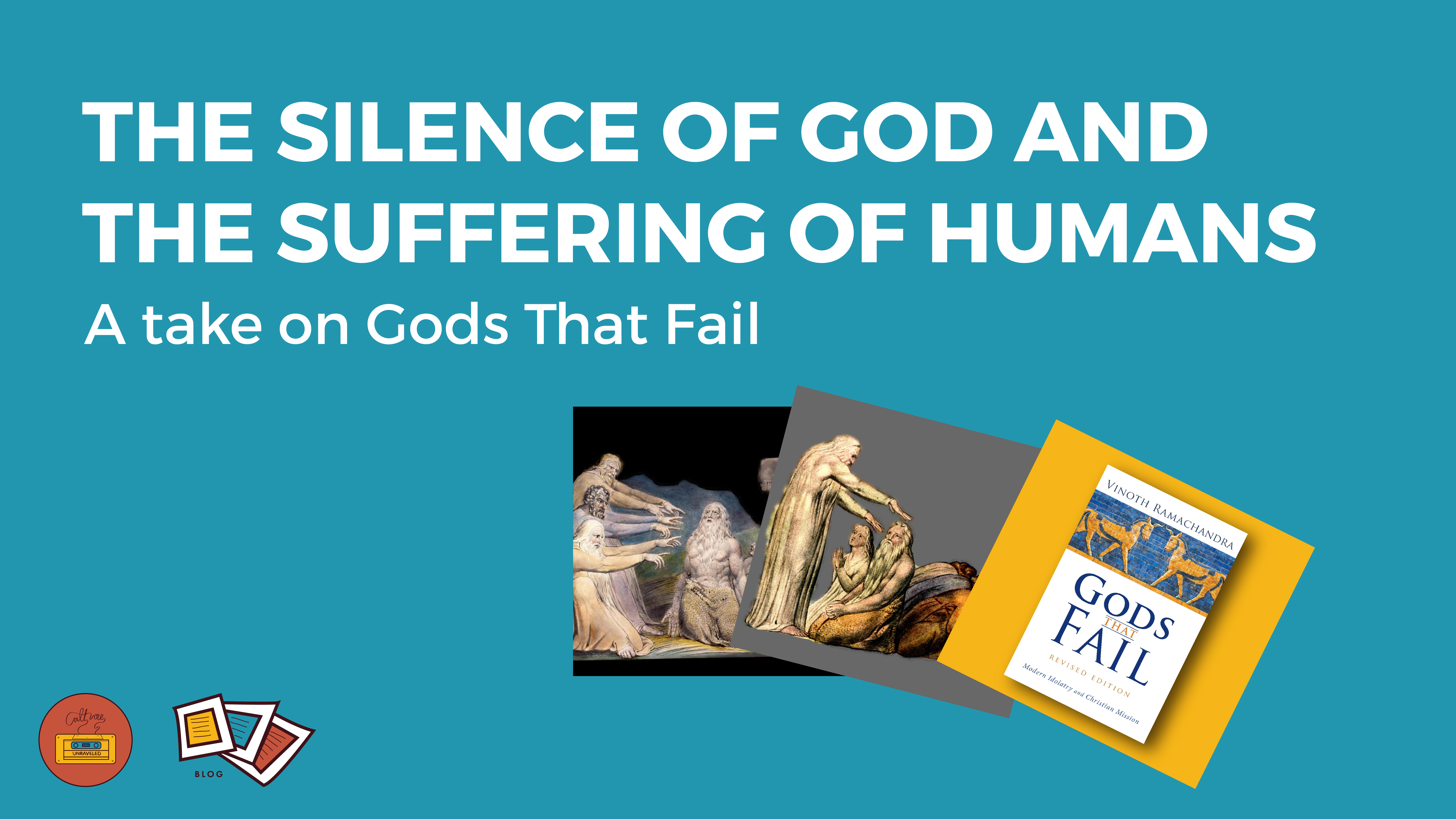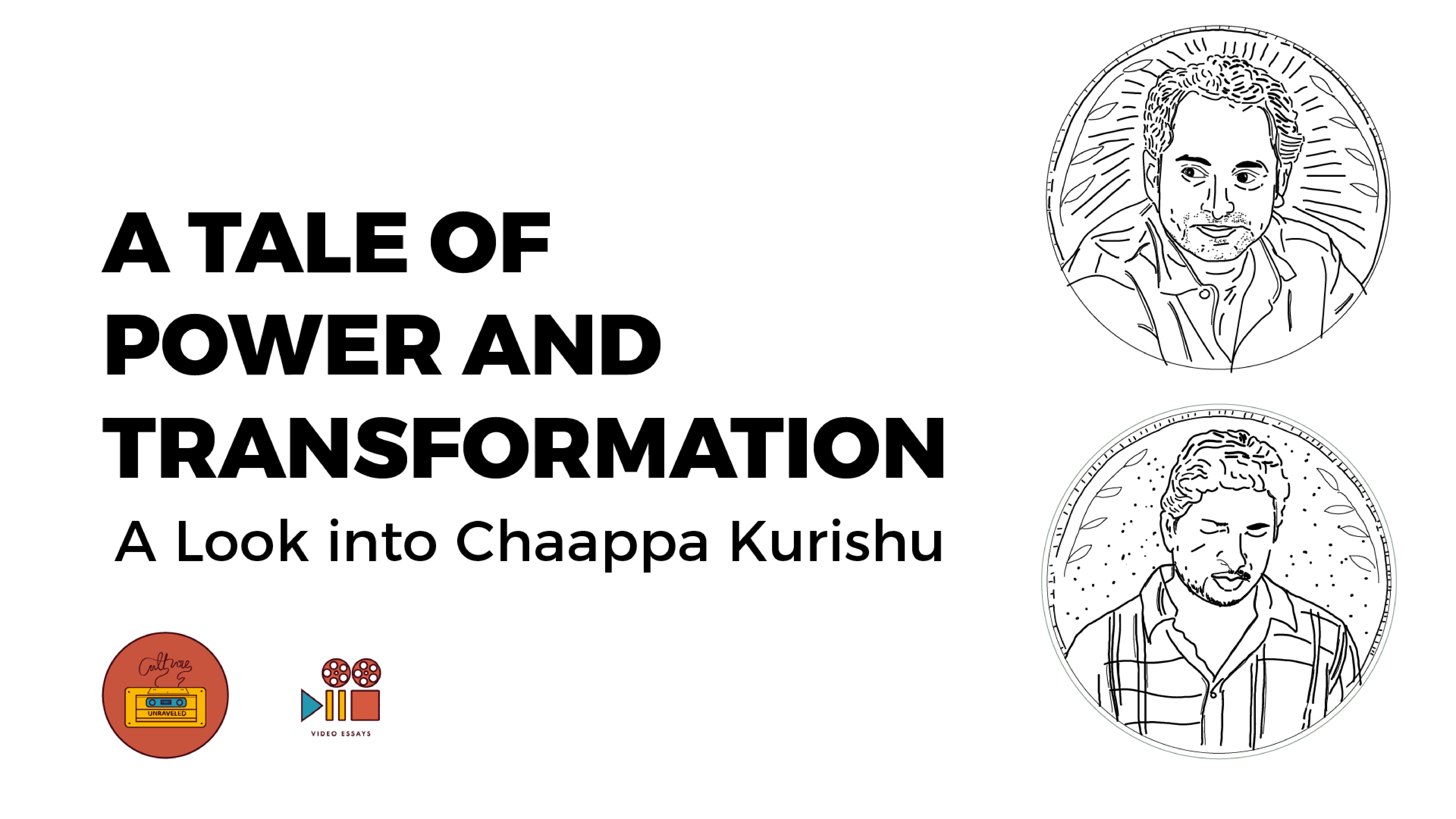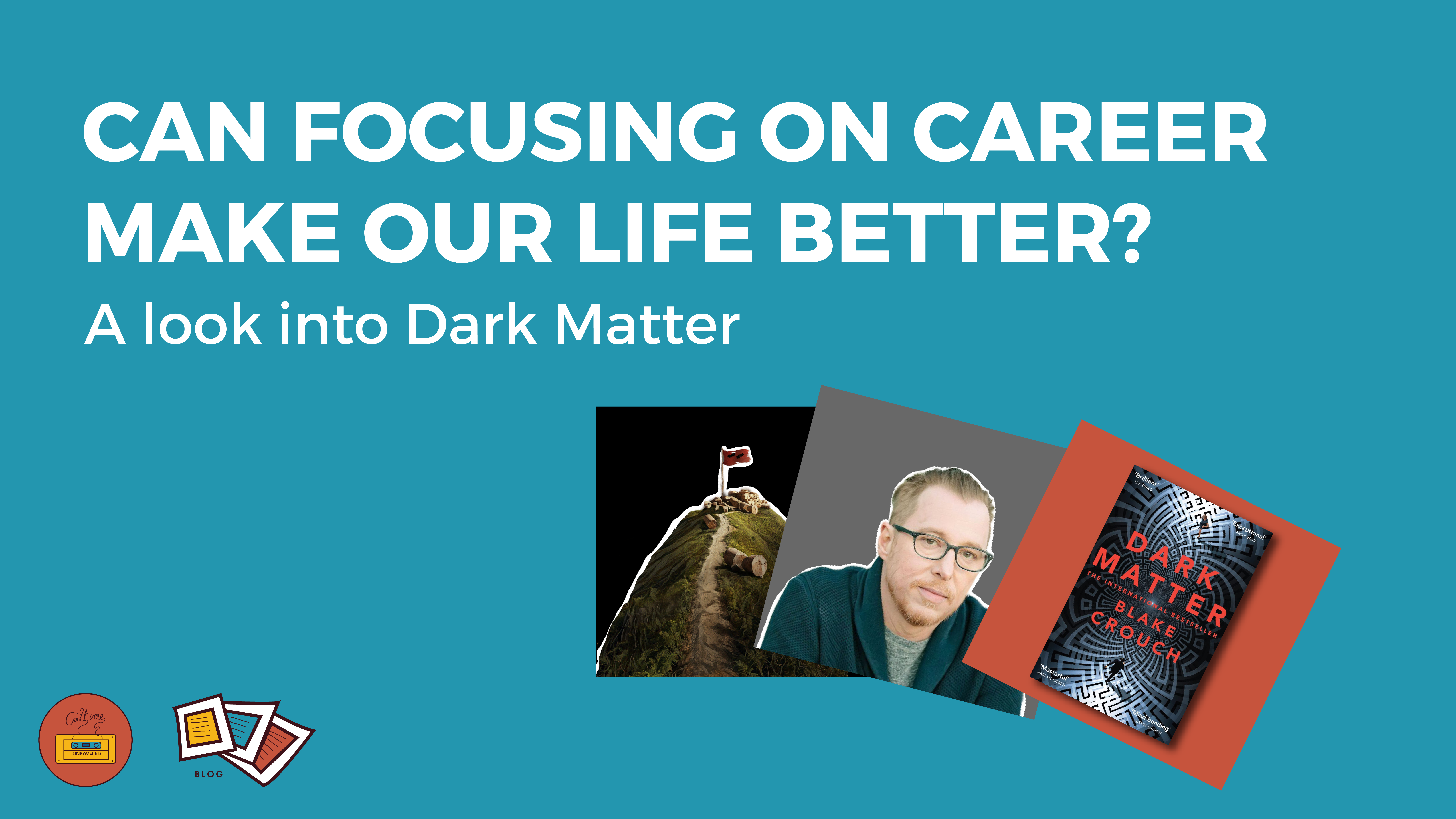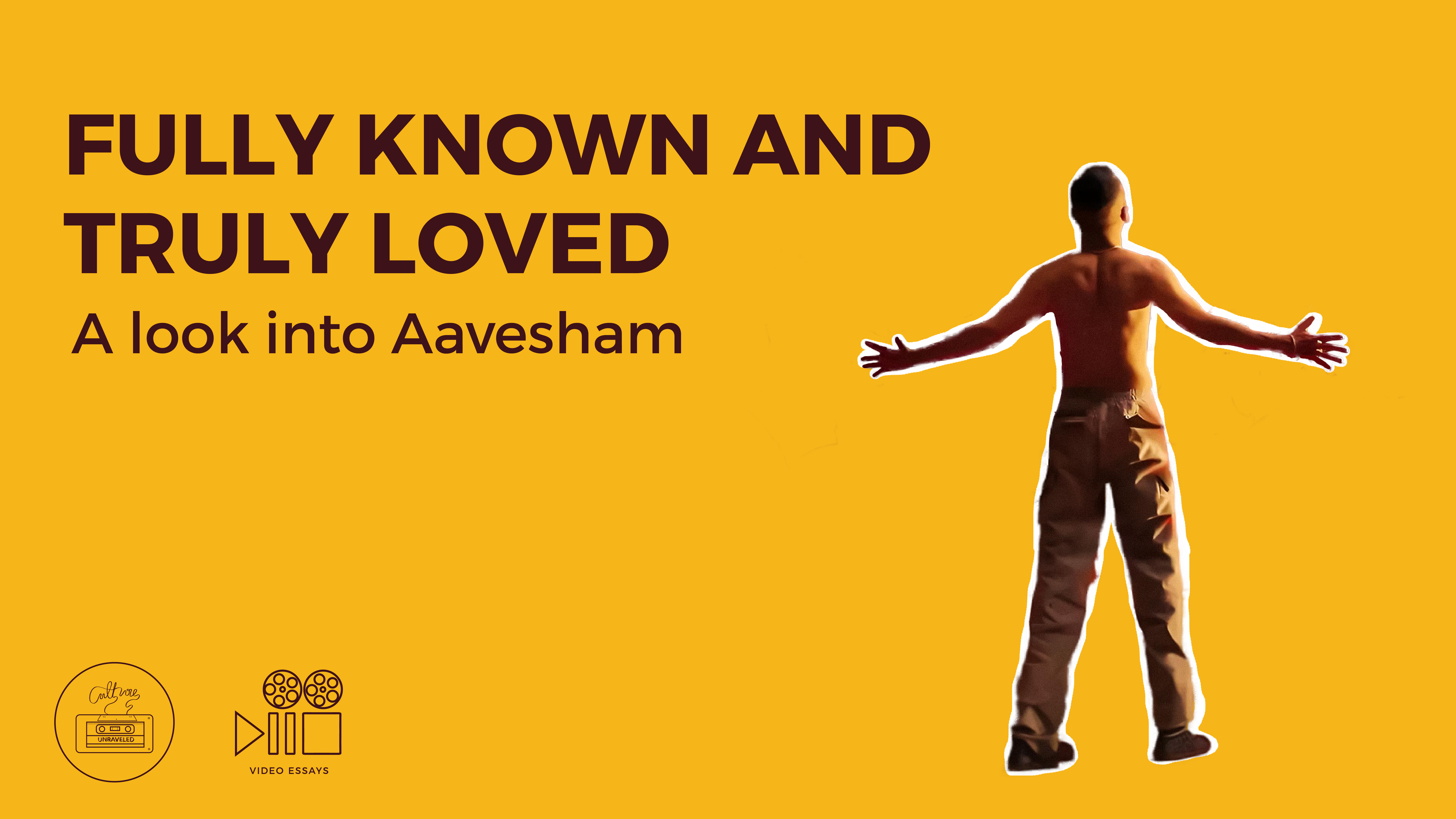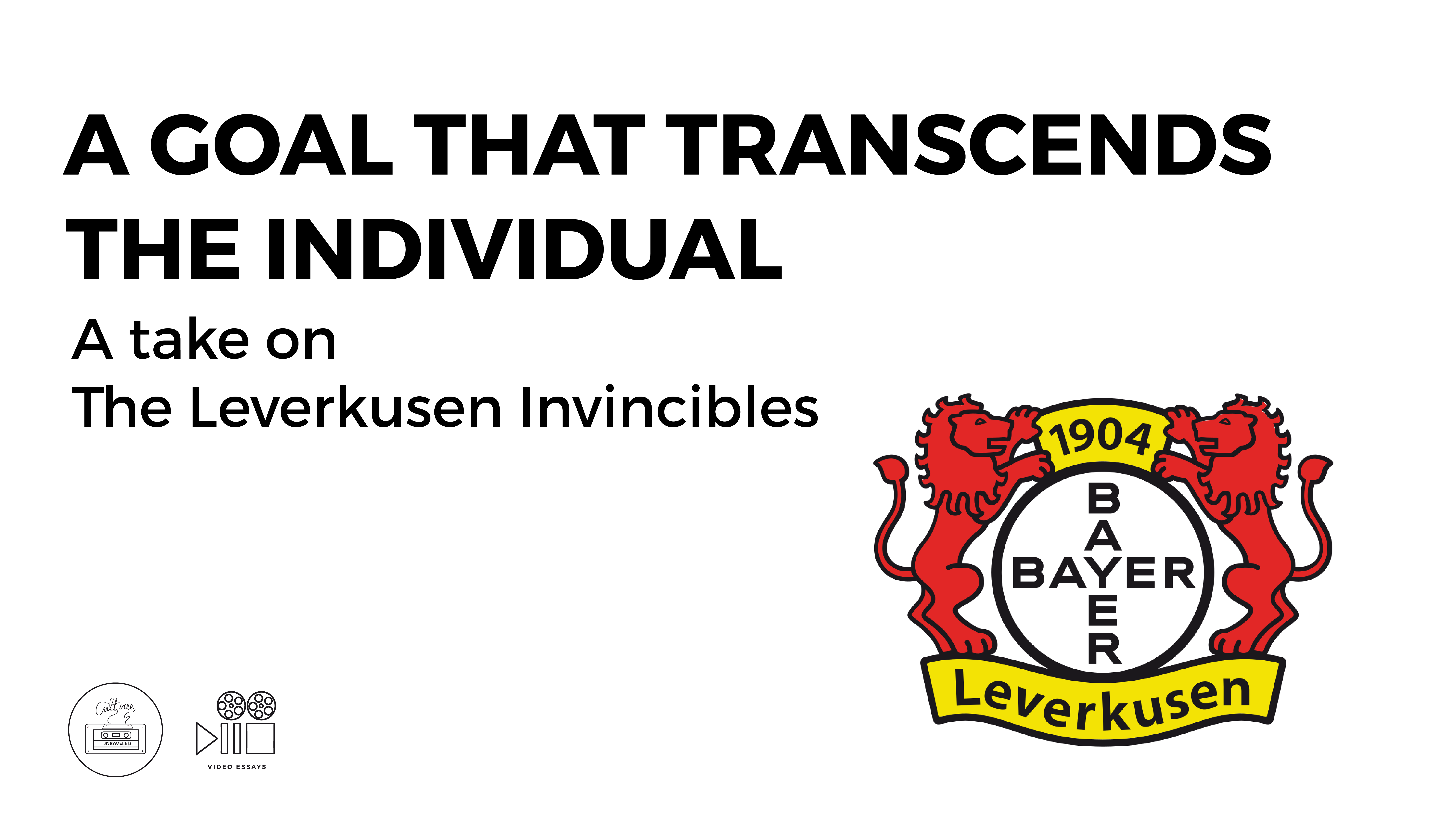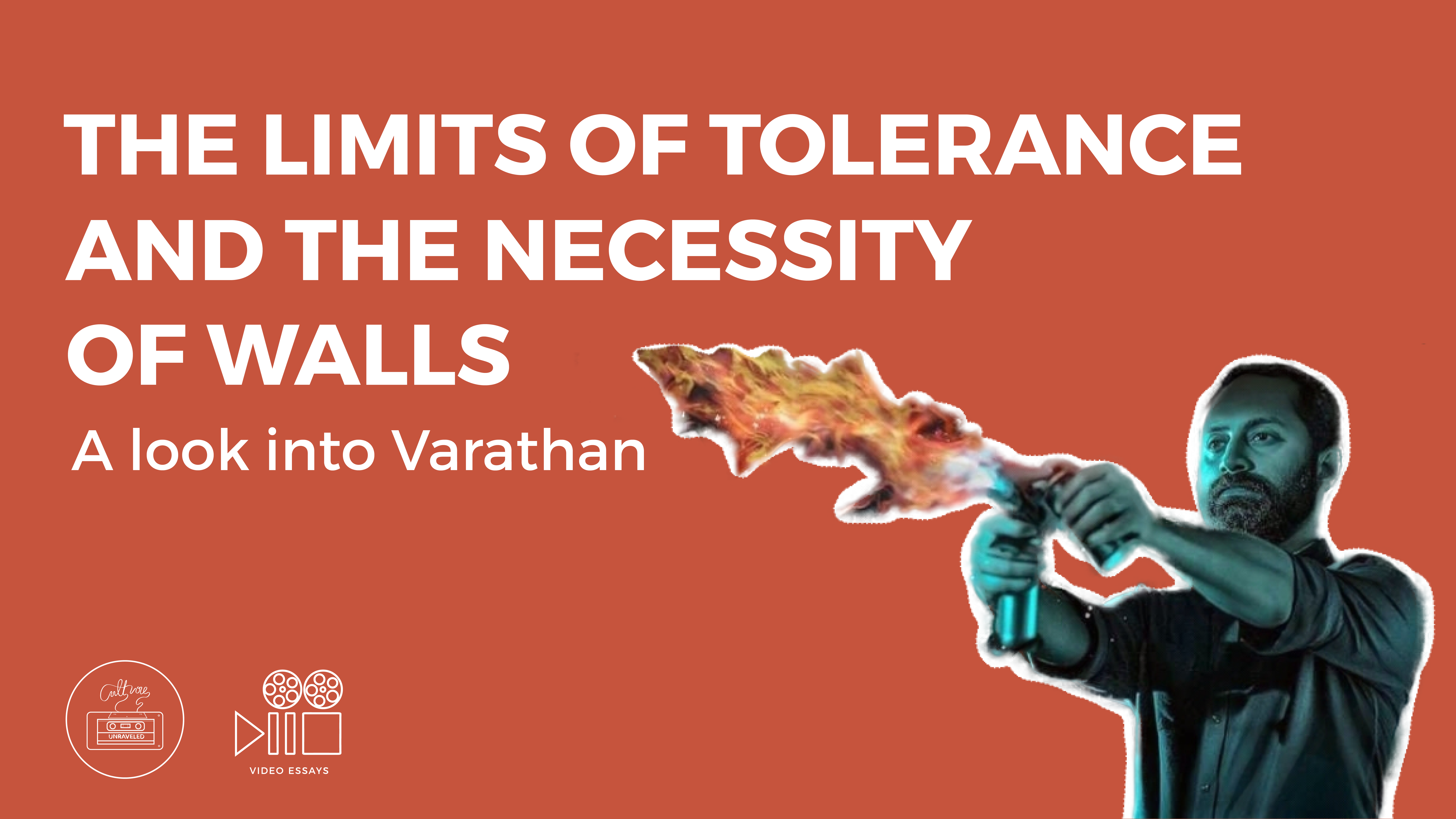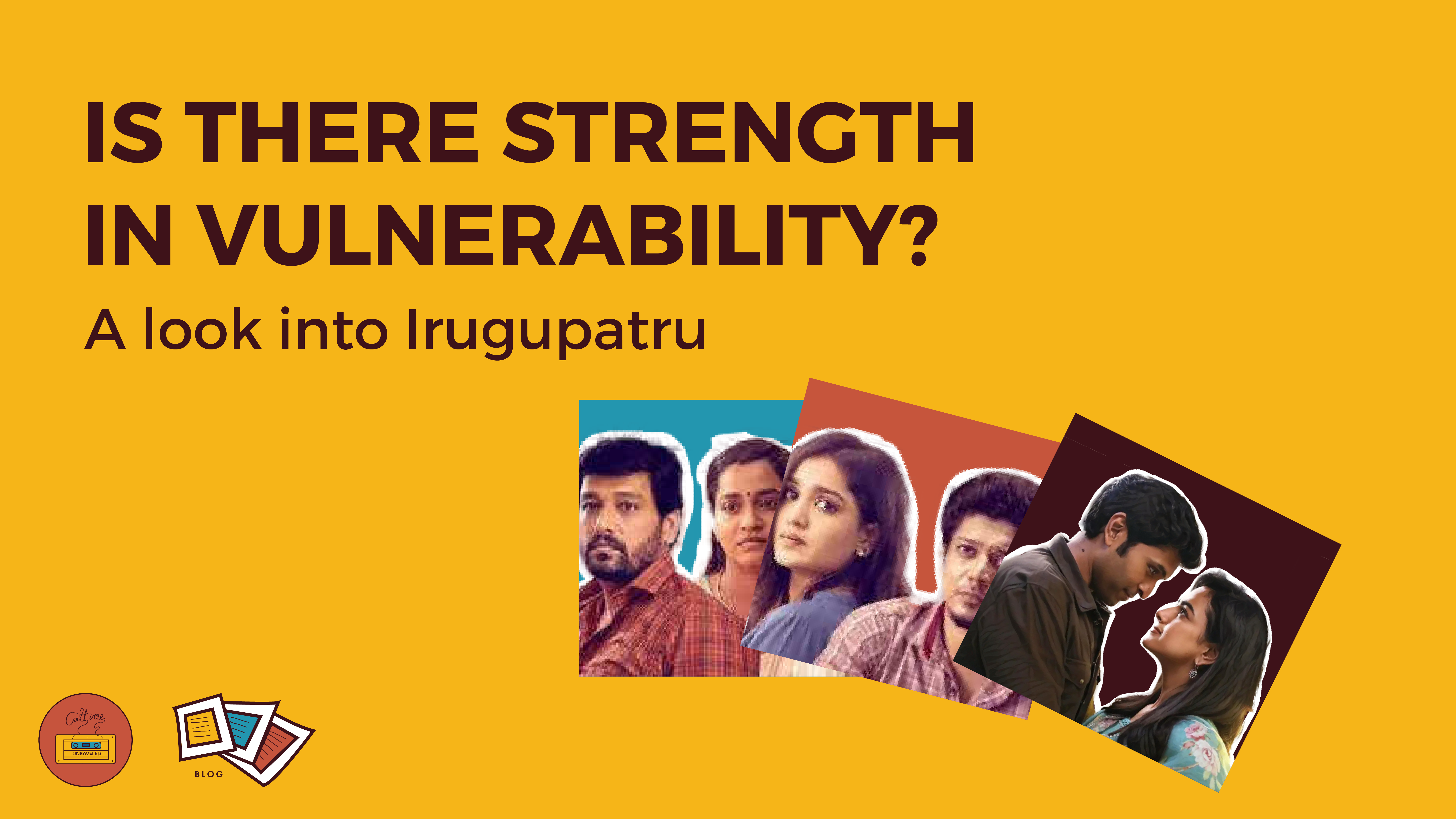
The movie “Irugupatru” is a warm but gripping story about the nature of emotional vulnerability and the anxiety associated with it. It showcases the lives of three married couples who make efforts to make their marriage work, even as they struggle with issues of vulnerability with their partners. Their stories are distinct in terms of their struggles and attitudes towards conflict resolution. Yet, underneath these varied relationship dynamics, there is a common battle of ‘giving in’ to their partners while also securing their individual identity. In other words, the couples must overcome precarious situations with their partners, and it often demands immense emotional strength, even as it costs them their pride and self-centeredness. As the story unfolds, it invites us to question if there is strength in vulnerability and if such vulnerability could make it easy for people to walk through the complexities of a marriage relationship.
The movie begins by showing the dynamics between Mithra, a trained psychologist, and her husband, Manohar. From early on, we see that Mitra’s attitude towards conflict resolution is purely rational, in that she even deals with her husband’s anger without any retaliation. Instead, she teaches him how to manage his emotions. Next, we see Rangesh, who despises his wife, Pavitra, because of her appearance and fat-shames her. Pavitra feels humiliated, but she absorbs the stress and becomes even more dejected. Very soon into the movie, we see that Rangesh’s disappointment with his wife stems from discontentment with his own life. Finally, the movie also portrays the lives of a younger couple, Divya and Arjun, who look like they always tread on thin ice. Everything they say to each other seems to offend them, taking them to the point of ‘breaking down’ emotionally at any moment. And the tension only creeps up as the story progresses.
One day, both Pavitra and Arjun decide to meet Mitra for counselling. Although they are disconnected from each other’s lives, their stories of emotional distress shed light on Mitra’s personal experience as a married woman. As she listens to their stories empathically, she gives them advice that slowly starts to orient them towards their inability to be completely honest with their partners and with themselves. She also helps them understand their own potential to be good partners and realise their weaknesses that are inevitably damaging their marriage. And as she gets a glimpse of the different kinds of struggles that her clients face, she grows stronger in her conviction that all relationship struggles could be overcome with the right understanding and the willingness to listen to their partner. But little does she realise that her husband does not share her view of intimacy and emotional connection. While Mitra feels that she has a good marriage with Manu (as she sweetly calls him), she fails to realise that emotional connections can only grow from within conflict resolution and not from avoiding conflicts altogether. She fails to look at her inability to be emotionally vulnerable with her husband as a weakness.
Meanwhile, Pavitra makes up her mind to go to the gym and work on her appearance. But to her horror, Rangesh tells her that he has decided to call off their marriage. Pavitra immediately seeks Mitra’s help and understands that clinging on to Rangesh was only going to make the problem worse. Mitra gently persuades her to file for divorce and start working on losing weight before the divorce can take place. She tells Pavitra that this was the only way Rangesh would realise that he was part of the problem as well.
Soon, we will also see the cause of Divya’s discomfort with Arjun. In one of her counseling sessions, Mitra admits to Arjun that he felt intimidated by Divya’s abilities and potential and that his constant criticism of her was a reflection of his own insecurities. She also gently tells Divya to pay attention to Arjun’s efforts to make her feel comfortable and loved. They begin to make these changes in their interactions with each other, but despite their good intentions towards each other, they fail to look beyond their past hurts. Soon, Divya decides to leave Arjun and move back to her parents place. At this point, Mitra tells Arjun that he should respect her decision and give her the needed space. He makes efforts to respect Divya’s decision, but eventually she asks him for a divorce, leaving him helpless and ashamed.
As these tensions rise between the couples, Mitra’s happy marriage takes a detour as well. Manohar confronts her about why they never fight like a normal couple. He finds out that Mitra was using an app to remind her to care for his needs and express her love for him. This leaves him questioning Mitra’s genuineness. He expresses his frustration at why Mitra does not understand that emotional vulnerability is an expression of love, and he pleads with her not to engineer her feelings or actions towards him. After talking things through, they come to a resolution and agree that both must have the freedom to express their feelings without having to rationalise them. Yet, one day, as they get into another conversation about expressing their feelings, Mitra admits that she would like them to go for counseling so that Manohar could understand how to deal with the situation better. At this point, Manohar’s patience hits rock bottom, and he bluntly tells her that he doesn’t want to see her until she steps out of her therapist mindset and starts connecting with him like a wife ought to connect with her husband. Here we see that while Mitra’s emotional intelligence was beneficial to her clients’ emotional distresses, it deprived her of the ability to be emotionally vulnerable with her partner. She mistook her inability to be vulnerable as a sign of emotional maturity and strength. And it only led her to bottle up her feelings rather than face them with strength.
As Mitra begins to realize her weakness, the story turns around as Rangesh notices Pavitra’s transformation and confronts his own faults. He comes to terms with his own failings, which makes him understand Pavitra’s resilience and commitment towards him. He honestly apologizes to her, and they reconcile. Likewise, Divya realizes that, despite her differences with Arjun, their love for each other could help them look beyond their shortcomings. And as Arjun also expresses his love for her, they decide to call off their divorce. They hug each other as Mitra watches them from a distance.
Meanwhile, Manohar finds a bag full of handwritten notes in their house. As he opens them to read, he realizes that every note contained Mitra’s feelings about all the times he hurt her through his words or actions. As he zips up the bag, tears flow down his face, and he sets out to meet Mitra. When he finds her, he asks her why she never expresses her feelings, despite the pain that she went through because of him. She finally admits that she feared he would abandon her if she was vulnerable to him. He gently embraces her, assuring her that she should let go of her fear because he loves her, and the movie ends on a sweet note.
Although the story seems to suggest that vulnerability and honesty towards one’s partner are key to solving emotional problems, it also turns our attention to what keeps us from understanding their value for healthy relationships. As Mitra’s character suggests, an inability to be emotionally vulnerable comes from a lack of courage to trust that she will be loved despite her failings. Moreover, it stemmed from a lack of strength to face conflicts and deal with them head-on. Despite her ability to read emotions well and find solutions to keep emotional outbursts at bay, her fear of being abandoned led her to hide her emotions from the one who truly loved her. Moreover, the relationships between Rangesh and Pavitra and Arjun and Divya point out how emotional vulnerability also involves honestly accepting one’s own shortcomings. It also points out that it is possible to falsely believe that one’s partner is the sole reason for marital conflicts by projecting personal insecurities onto them. Yet the story also invites us to think about why there is strength in vulnerability and triumph in admitting one’s own shortcomings. It leaves us to look into the value we give to vulnerability and honesty and whether we consider them a strength rather than a weakness.
The movie “Irugupatru” weaves a narrative that explores the delicate balance of vulnerability and strength within the context of marital relationships. Through the lives of three diverse couples, the film helps us reflect on the nature of emotional openness and its transformative power in marriage. The characters’ journeys, especially Mithra’s realization of her own emotional limitations, shed light on the nature of vulnerability and leave viewers with a thought-provoking message about the strength found in vulnerability, encouraging them to reevaluate how being honest with one’s shortcomings is key to establishing real intimacy in a marriage.
_________________________________________
Written by Roselina Vundi

